The films explore a wide range of themes, from history and culture to contemporary issues and personal stories. They vividly portray the depth and complexity of African storytelling, challenging stereotypes and preconceptions. Supported by the French Institute of South Africa, Tigritudes transcends the boundaries of a traditional film festival. It serves as a platform for artists and the audience to engage in meaningful dialogue around films, creating a bridge between cinema and sharing ideas.
Curated by the talented Dyana Gaye and Valérie Osouf, Trigritudes is a celebration of African cinema that takes you on a captivating voyage through the heart and soul of the continent's vibrant and often underappreciated film culture. The film cycle in Joburg draws to a close in early December – and there are still plenty of compelling films to experience.
Quartier Mozart/Mozart District (1992) by Jean-Pierre Bekolo
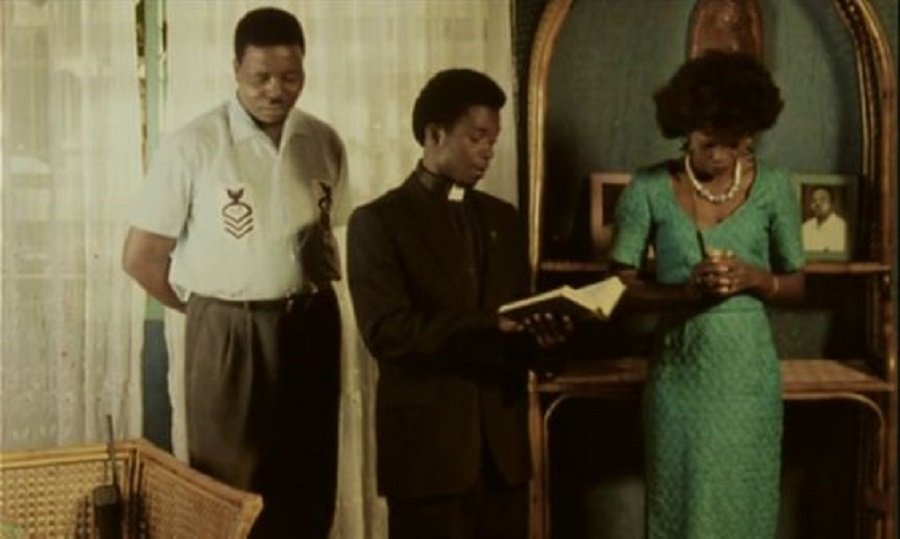
This film, directed by the Cameroonian visionary Jean-Pierre Bekolo, takes you on a mesmerising journey into a world where tradition and modernity collide in the most entertaining and thought-provoking ways. Quartier Mozart ingeniously reimagines traditional folk tales within a contemporary Cameroonian setting. The central character, 'My Guy', undergoes a magical transformation into a swaggering Casanova, setting the stage for a story that is as humorous as it is revealing.
The film's narrative blends highly Westernised characters with the charged atmosphere of African folklore, offering a unique perspective on the complexities of modern Africa. From a polygamist police chief to a witch with a peculiar power, Quartier Mozart showcases the powerful influence of Western pop culture on the African continent. This film prompts viewers to reflect on the interplay between tradition and contemporary life in Africa. The screening provides the opportunity to engage with South African film director and co-director of Cinema TAKE, Mpumelelo Mcata, during the Q&A session.
When and where: Thu, Nov 9, 18:00 – 20:00 at John Moffat Building, University of the Witwatersrand.
Hyenas (1992) by Djibril Diop Mambety

Djibril Diop Mambety's Hyenas takes the audience on a journey into the heart of Colobane, a once-charming village now engulfed by poverty. Djibril Diop Mambety's storytelling is on full display in Hyenas, as he juxtaposes different periods, blending 19th-century elegance with 20th-century consumerism in Senegal.
The film challenges viewers to contemplate the enduring conflict between greed and dignity, and it does so in a visually stunning manner. The lush cinematography and richly painted characters make this film a poetic and thought-provoking experience. To top it off, you'll have the chance to engage with this cinematic masterpiece and discuss its themes in a Q&A session with a guest speaker. Hyenas is a testament to the power of film to explore complex human emotions and societal dynamics, and it is a must-see for anyone who appreciates thought-provoking storytelling and visually striking cinema.
When and where: Thu, Nov 16, 18:00 – 20:00 at Sophiatown Arts Akademy, Brixton.
Children's film programme at Alliance Française Johannesburg
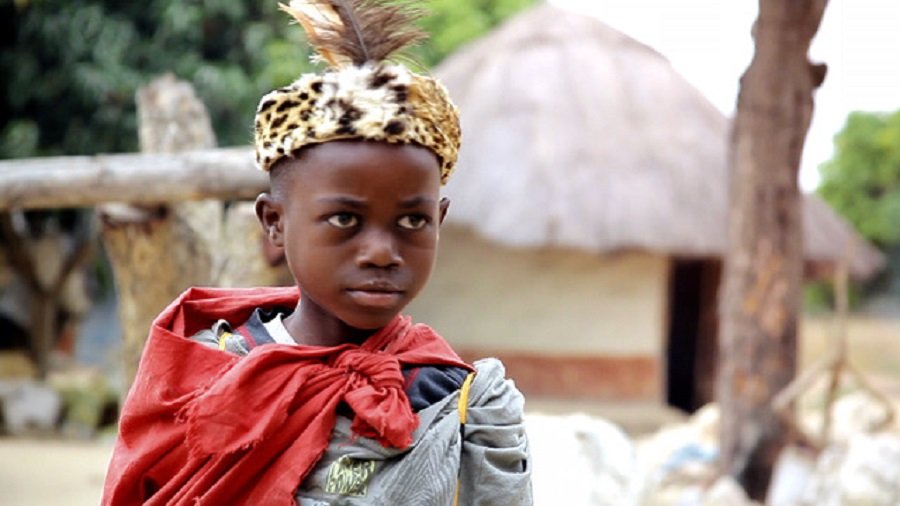
The children's programme is an absolute must-see for young creatives and budding film lovers. This curated selection of films promises a captivating African storytelling journey, showcasing the continent's rich cultural tapestry and the creativity of its people.
Tomato Diplomat (1989), directed by Samba Félix N'Diaye, is a part of the Treasures from the Trash series, revealing the extraordinary artistry of African artisans who craft objects from recycled materials. The Senegalese film's enigmatic approach, devoid of dialogue or commentary, invites children to appreciate the craftsmanship behind everyday items and introduces them to the concept of sustainable living in a visually engaging way. This film isn't only great to watch; it also serves as a delightful educational tool, fostering an appreciation for resourcefulness and artistry.
Mwansa the Great, directed by Rungano Nyoni, offers an endearing tale of a young hero on a quest to prove himself. The Zambian film beautifully weaves the themes of determination, family bonds and the essence of what it means to be a hero, making it relatable and inspiring for young viewers. It captures the spirit of adventure and growth as Mwansa embarks on a quest to mend his sister's clay doll while discovering his true greatness.
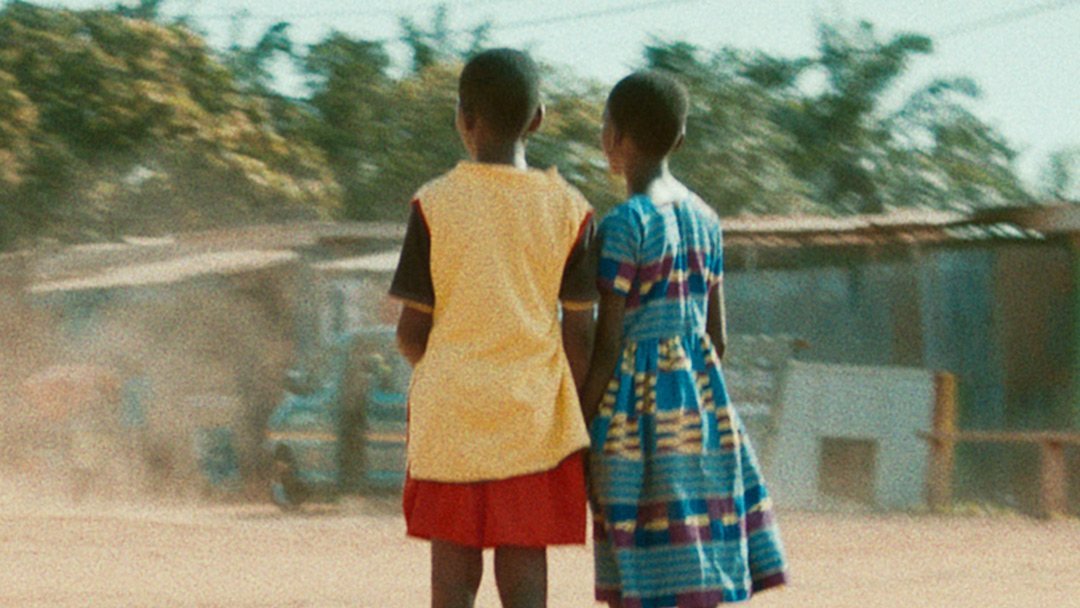
Da Yie, directed by Antony Nti, presents a heartwarming story of unexpected connections, taking viewers on a life-changing journey through the vibrant landscapes of Ghana. This film provides an authentic glimpse into the country's bustling coastal life and explores the themes of friendship, youthful abandon and the complexities of human interaction. The captivating cinematography and compelling narrative of Da Yie will leave young audiences in awe of the transformative power of storytelling.
When and where: Sat, Nov 18, from 10:00 at Alliance Française Johannesburg.
Short films at Of Soul and Joy
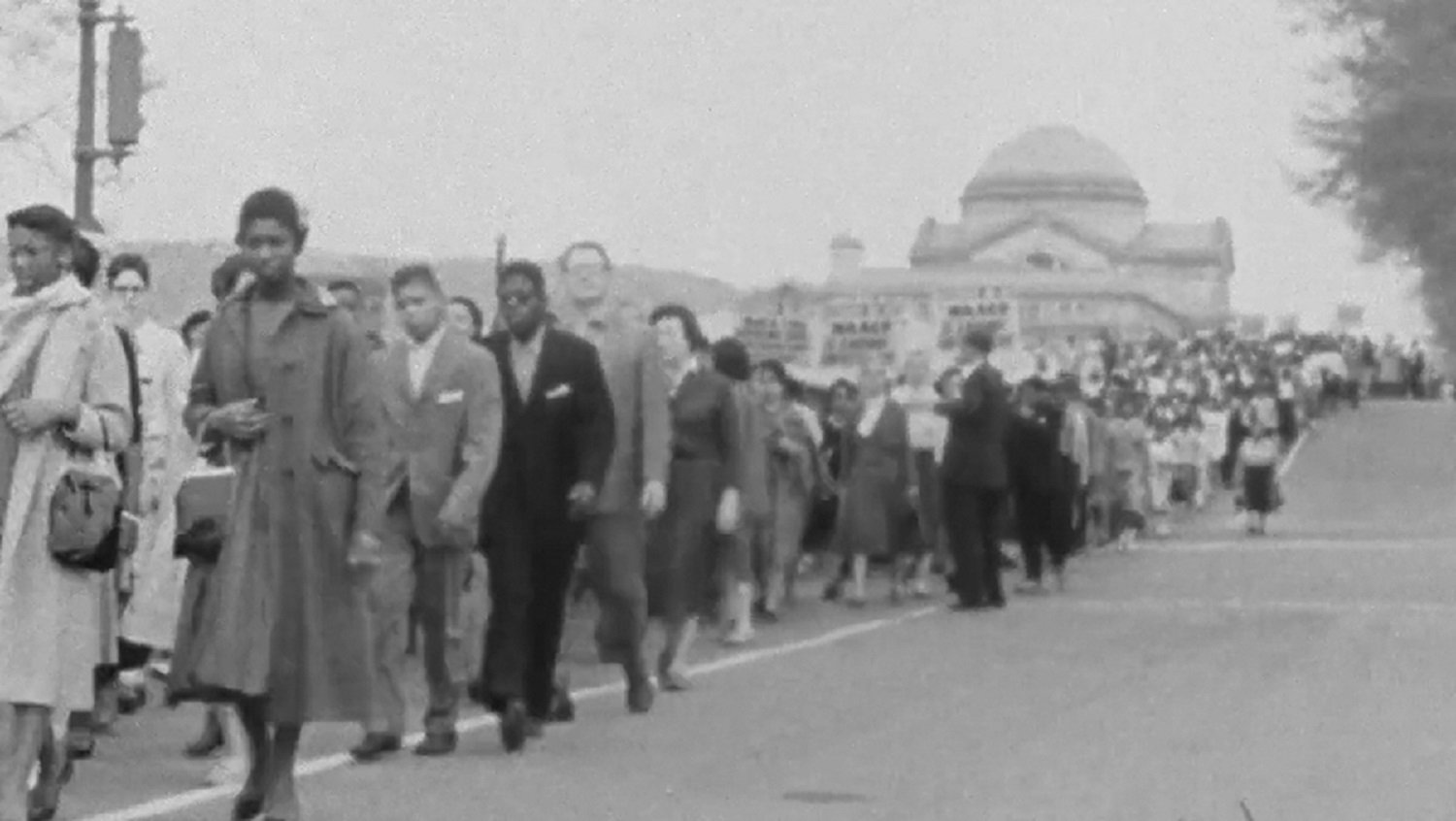
The final short-film programme at the Tigritudes Pan-African Film Cycle is essential viewing for cinephiles and anyone interested in African and African-American cinema. The programme, held in partnership with Cinema TAKE, promises a day of profound cinematic experiences.
Integration Report 1 (1960) by Madeline Anderson serves as a historical gem, shedding light on the fight for black equality in the United States during the early 1960s. Anderson, an accomplished American filmmaker, made history herself as the first African-American woman to direct a documentary film, and her work continues to receive well-deserved recognition. The film incorporates powerful footage from renowned documentary pioneers and iconic figures like Martin Luther King, Jr. and Maya Angelou. It's a poignant reflection on the struggles and triumphs of the civil rights movement, offering a unique perspective that's both educational and emotionally resonant.
Flavio (1964) by Gordon Parks is a vivid portrayal of the life of a young Brazilian boy living in poverty. Parks, a multitalented artist, was the first African-American photographer for LIFE magazine, and his work played a pivotal role in shedding light on the issues of racism and poverty. His photographic essays and films continue to be celebrated for their impact on society. Flavio offers a poignant look at the harsh realities of life for marginalised communities, making it a powerful testament to the enduring relevance of his work.
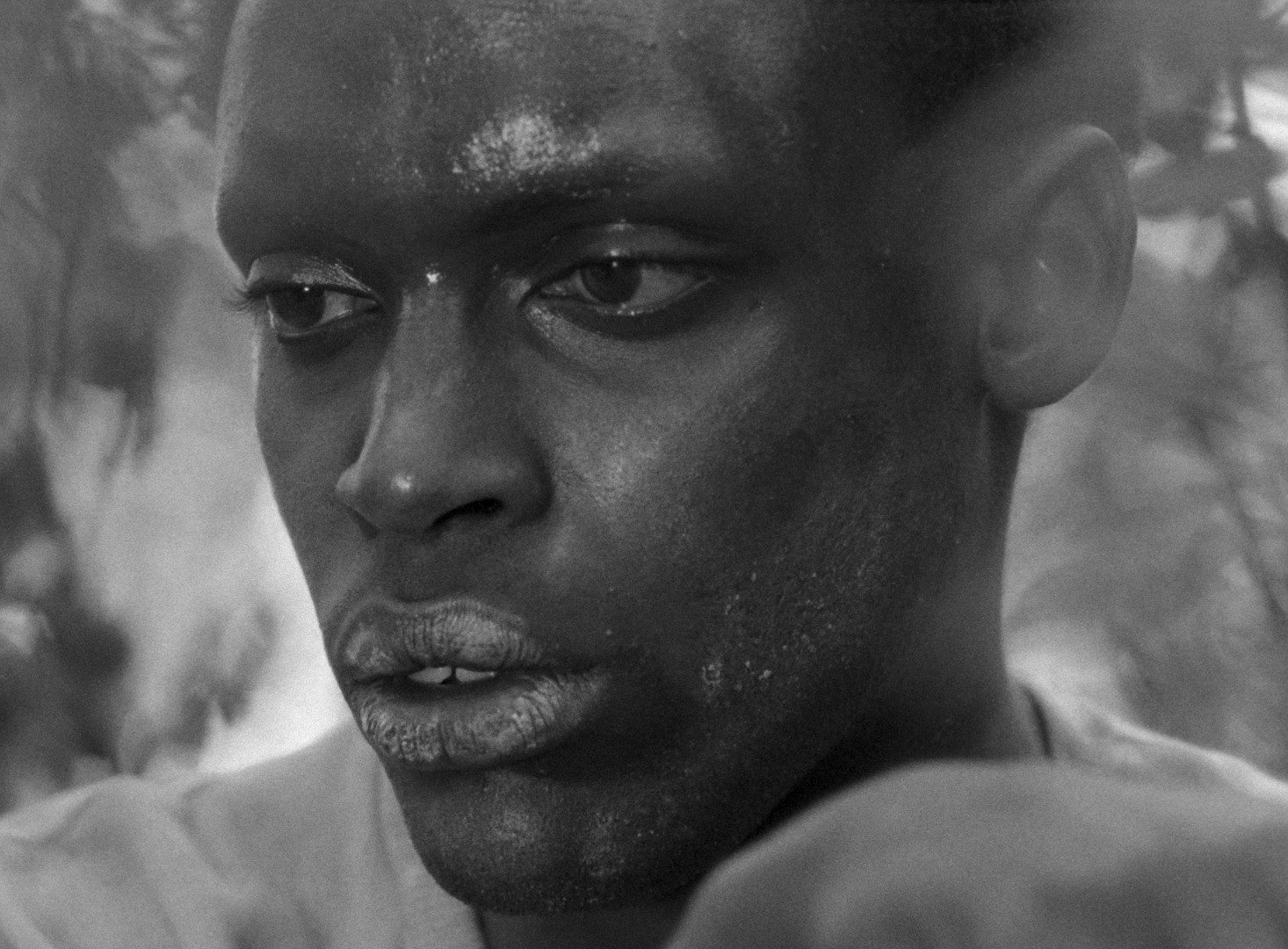
Ibrahim Shaddad's Hunting Party/Jagdpartie presents a unique perspective on racism through a Western-inspired lens. Shaddad's film, made in Sudan as a graduation project at the German Academy of Film Art, stands as a thought-provoking treatise on the issue of racism and the harrowing consequences of discrimination. The film's depiction of a white mob hunting a black farmworker in a forest in Brandenburg, Germany is both unsettling and a stark commentary on the dark facets of human prejudice.
The Of Soul and Joy programme offers a compelling cinematic journey through history, social issues and human experiences. The opportunity to engage with these films and gain insights from the Q&A session with a guest speaker promises to be both enlightening and thought-provoking. This programme not only celebrates the groundbreaking contributions of African-American and African filmmakers, but also underscores the enduring relevance of their work in today's world.
When and where: Sat, Dec 2, from 15:00 at Buhlebuzile Secondary School, Tokoza.


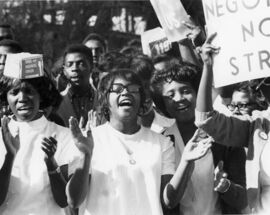
_m.jpg)
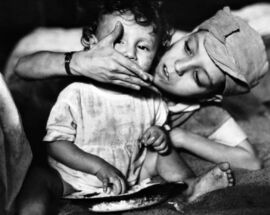


Comments